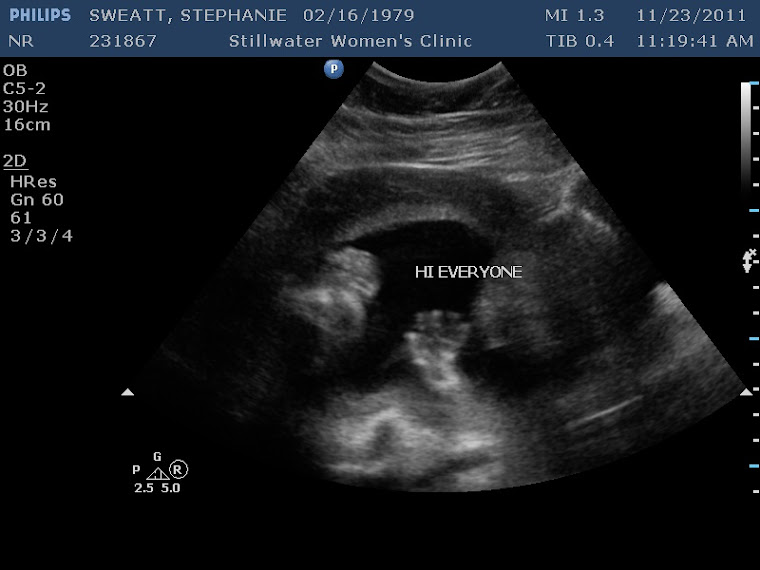
This week I was asked to give a presentation to our undergraduate psychology honors society. The topic was women in academia. As luck would have it, we did not have adequate child care because the talk was at 5:30pm. Lesson #1 folks: no one asks for your schedule, they just set meetings and you rearrange things to make it work. Chad doesn't get home until 8:30, the people we would typically ask to watch A are all teachers (either at her school or in elementary schools) and often are not available until 6. Colleagues and graduate students had other obligations. So I finished a meeting at 4:30 and then picked A up from school and brought her back to work with me. I figured her presence might be a good testament to the reality of being a parent in an academic setting.

People probably tire of hearing about how compliant and wonderfully behaved A is. I am always amazed but do attempt to keep those musings out of ear shot so that she can keep being her own person without worries about who I want her to be. But since she can't read yet (& I can't hear you moaning "not again!"), I'll again say how very fortunate we are. It is hard for me to know how most 2 or 3 year olds would act in a class setting, but I feel confident it may have involved running, climbing, crying, tantrums, or getting into things that don't belong to them. I did not have to deal with any of that. She sat in a desk and colored for a few minutes, sat in my lap while a colleague presented, and played with blocks in the floor (blocks donated to my office by a colleague for such purposes). When it was my turn, she got a little antsy. Right after my introduction to the topic, she announced to everyone that she needed to go potty so we had to take a brief break to allow for that! I set her up with my phone to watch an episode of Super Why. She got upset when I was in front of the class (no! that's my mommy!) so I came back and sat near here.
Overall, the presentation and her behavior were fine. It is just hard when you know the stereotype--women in academia with kids are a mess; they aren't productive. These stereotypes, like most, are largely untrue. When I was thinking about this topic, I thought I might be one of the first to connect stereotype threat to working moms. I should have known better as a number of other blogs and articles have touched on the relationship.
Stereotype threat occurs when people fear they may confirm negative stereotypes about their social group. Research has suggested that SAT scores in African Americans may be undermined by asking the person's race/ethnicity or describing it as a test that is 'diagnostic of intellectual ability' (because an active stereotype is that African Americans are less intelligent than other groups). It is thought to occur because an individual fears that his/her performance might confirm a negative stereotype about his/her group. Other common areas of research are that females have worse performance on mathematics exams, in male-dominated jobs (i.e., entrepreneurship) or hobbies (i.e., chess). Now, I would be remiss if I did not note that there seems to be some fairly strong evidence that these effects may suffer from publication bias. But that fact doesn't really flow well with my current narrative. ;)
I thought of the stereotype threat research after my presentation. Seeming disorganized, being distracted by the adorable toddler, and feeling far less put together than my male colleague made my presentation even less effective that it otherwise might have been. I could literally feel the students judging, even though I'm fairly confident this was a product of my own self-judgments. Trying to find the balance between showing the reality and epitomizing the stereotyped absentminded professor/mom is something I imagine I will continue to struggle with in years to come.
In the presentation itself, I discussed some of my favorite parts of an academic career (piggybacking on my colleague's presentation) and tips for success, but I also talked a bit about the history of women in psychology; concerns of gender disparity within negotiations, publications, and tenure; and the impact of babies and housework on women in academic science/medicine. I highlighted the positives of OSU and being able to be in an environment that is incredibly family-friendly and has more females than the national norm. My hope is that the picture presented was accurate but not overly negative. I still feel amazingly lucky to get to work and parent. I know it isn't a decision that works for everyone but I am glad it works for us.
In related news, I saw a Huffington Post article today which showcases women working around the world. I thought it was pretty beautiful so I am sharing it here.


No comments:
Post a Comment